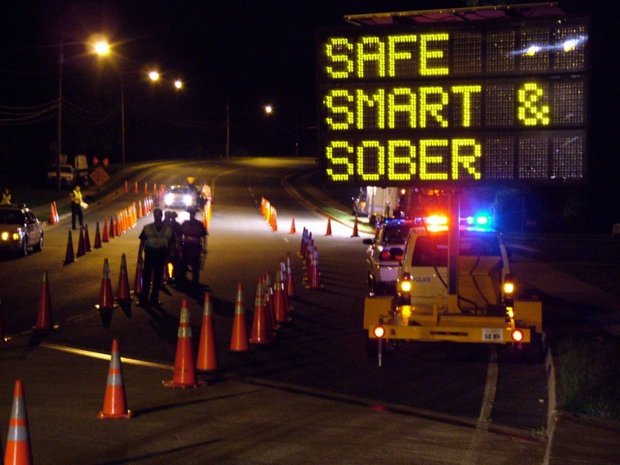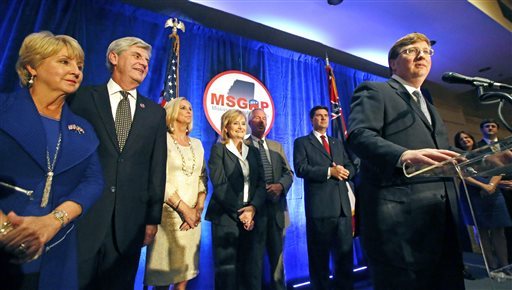

(AP) Mississippi ranks among the best states when it comes to enacting laws against drunken driving. As do Maryland and Nebraska, according to a new report by Mothers Against Drunk Driving (MADD).
The report, which judges the adequacy of states’ efforts to end drunken driving, comes 10 years after MADD kicked off a campaign that featured a push for laws requiring the use of ignition interlocks for anyone convicted of drunken driving, regardless of whether it is a person’s first offense.
AAA Mid-Atlantic this week issued an advisory noting that the Wednesday before Thanksgiving has also become known as “Blackout Wednesday,” or “Drinksgiving,” because of all the barhopping, particularly among college students returning home for the holidays. Combine holiday overindulgence and heavy traffic, and the result can be deadly, John B. Townsend II, AAA Mid-Atlantic’s manager of public and government affairs, said in a statement.
“It is not the food, it’s the booze,” he said.
MADD ranked the states and the District of Columbia with a five-star system based on whether the jurisdictions require all offenders, including those convicted of a first-time offense, to install an interlock ignition device on their vehicles. The devices prevent the vehicle from starting until the driver has submitted to a breath test
MADD’s other criteria include using high-profile law enforcement efforts against drunken driving, such as sobriety checkpoints and saturation patrols; immediately suspending licenses or otherwise restricting driving privileges following a DUI arrest; penalizing drivers who refuse to submit to a breath test; and passing laws that impose additional penalties on drunk drivers who had a child in the car with them at the time.MADD, by using half stars, also attempted to gauge the degree of aggressiveness a jurisdiction’s use of a policy is — for example, whether a state not only conducts sobriety checkpoints but does so at least once a month.
In the Washington metropolitan region, Maryland came out on top with a score of 4.5 stars, falling short of a perfect 5 only because the state, like most, classifies drunken driving with a child passenger as a misdemeanor instead of a felony. The District received a 3-star rating, Virginia 3.5 stars.
Frank Harris, MADD’s director of state government affairs, said the variation among the states’ approach to drunken driving generally aligns with cultural norms and their view of government’s role. States that tend to be more libertarian or embrace the philosophy that the government that governs least also governs best are also less likely to embrace the use of sobriety checkpoints, for example, as those are seen by some as intrusive.
“Some of that is just mind-set,” Harris said in an interview. But he said checkpoints are also effective and have been shown to reduce drunken driving by 20 percent.
At the time, only New Mexico had enacted what MADD calls an “all-offender” ignition interlock law. Today, 28 states, along with the District of Columbia, require ignition interlocks after the first offense. Twenty-five states and the District also require evidence of continuing compliance before the devices can be removed.
In 2006, drunk drivers caused more than 13,000 fatalities, or about 32 percent of all crashes. As of 2016, the number of drunken driving fatalities has fallen 24 percent, accounting for more than 10,000 deaths and 29 percent of all traffic fatalities every year.
This story originally appeared in The Washington Post




Be the first to comment